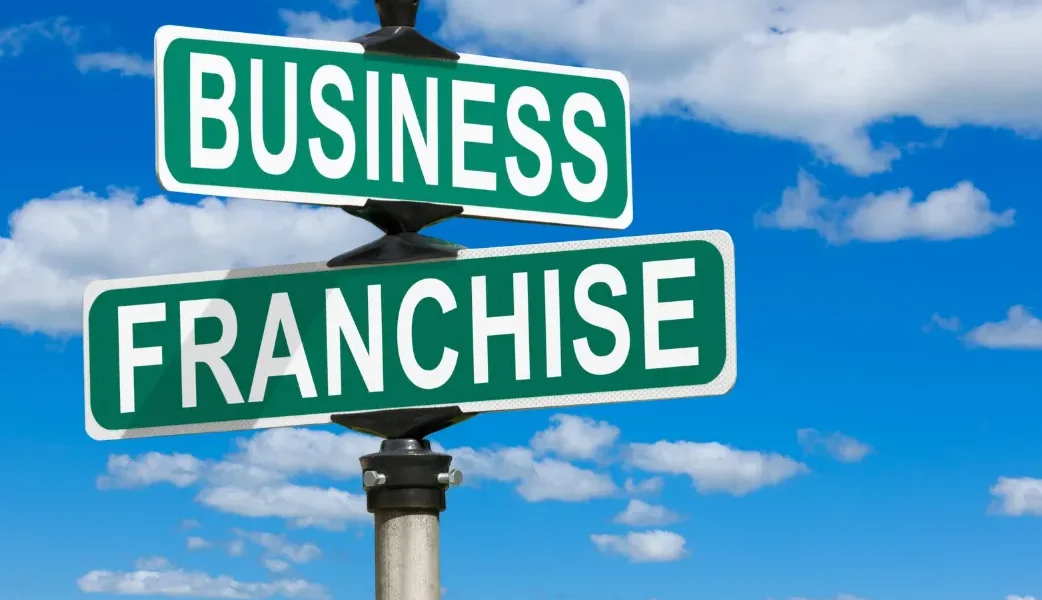Franchising has become a popular business model in the UK, offering aspiring entrepreneurs a way to run a business while leveraging the reputation and support of an established brand. But how exactly does a franchise work, and what makes it different from starting a business from scratch? This article explains the franchise model, its benefits, and key considerations for potential franchisees.
Understanding The Franchise Model
A franchise is essentially a business arrangement where one party, the franchisor, grants another party, the franchisee, the right to operate a business using the franchisor’s brand, systems, and support. The franchisee pays an initial fee, known as the franchise fee, and often ongoing royalties based on a percentage of revenue. In return, the franchisee gains access to a proven business model, marketing strategies, and operational guidance that can significantly reduce the risks associated with starting a new business.
Unlike independent businesses, franchisees do not create a brand from scratch. Instead, they replicate a system that has been tested and refined. This system typically includes product offerings, service standards, pricing strategies, and even staff training procedures. The franchisor benefits as well, expanding the reach of their brand without directly managing every location.
How Franchises Operate in the UK
In the UK, franchising is regulated primarily through the Franchise Code of Ethics, which encourages transparency and fairness between franchisors and franchisees. Franchisors are expected to provide comprehensive disclosure documents outlining financial performance, fees, and operational requirements. These documents allow potential franchisees to make informed decisions before committing.
The day-to-day operation of a franchise varies depending on the sector. For example, a fast-food franchise will have strict operational protocols, including menu offerings, pricing, staff uniforms, and even interior design. A retail franchise may offer flexibility in product selection while still adhering to brand guidelines. In all cases, the franchisee benefits from brand recognition, which can attract customers more quickly than a new independent business.
Advantages of the Franchise Model
One of the main advantages of franchising is the reduced risk compared to starting a business independently. Since the brand is already established, franchisees often experience a faster path to profitability. Support from the franchisor, including training, marketing, and operational assistance, also provides a safety net that is particularly valuable for first-time business owners.
Additionally, franchises often benefit from collective marketing campaigns funded by a portion of the royalties or fees. This means that even a single franchise location can benefit from national or regional advertising campaigns that would be unaffordable for a standalone business. Franchising also allows for scalability. Successful franchisees can expand by opening multiple locations, leveraging the same model repeatedly.
Key Considerations for Potential Franchisees
Despite the advantages, franchising is not without challenges. Franchisees must adhere to the franchisor’s rules, which can limit creativity and flexibility. Financial commitments can be significant, including the initial franchise fee, setup costs, and ongoing royalties. It is essential to conduct thorough due diligence, including reviewing disclosure documents, speaking with existing franchisees, and assessing the market demand for the brand in the intended location.
Summary
Franchising offers a compelling way for entrepreneurs in the UK to start a business with the backing of an established brand. By following a proven system and benefiting from ongoing support, franchisees can mitigate some of the risks of starting a business independently. However, it requires careful research, financial investment, and adherence to the franchisor’s guidelines. For those prepared to embrace these commitments, franchising can be a rewarding path to business ownership, combining brand recognition with the independence of running your own operation.

